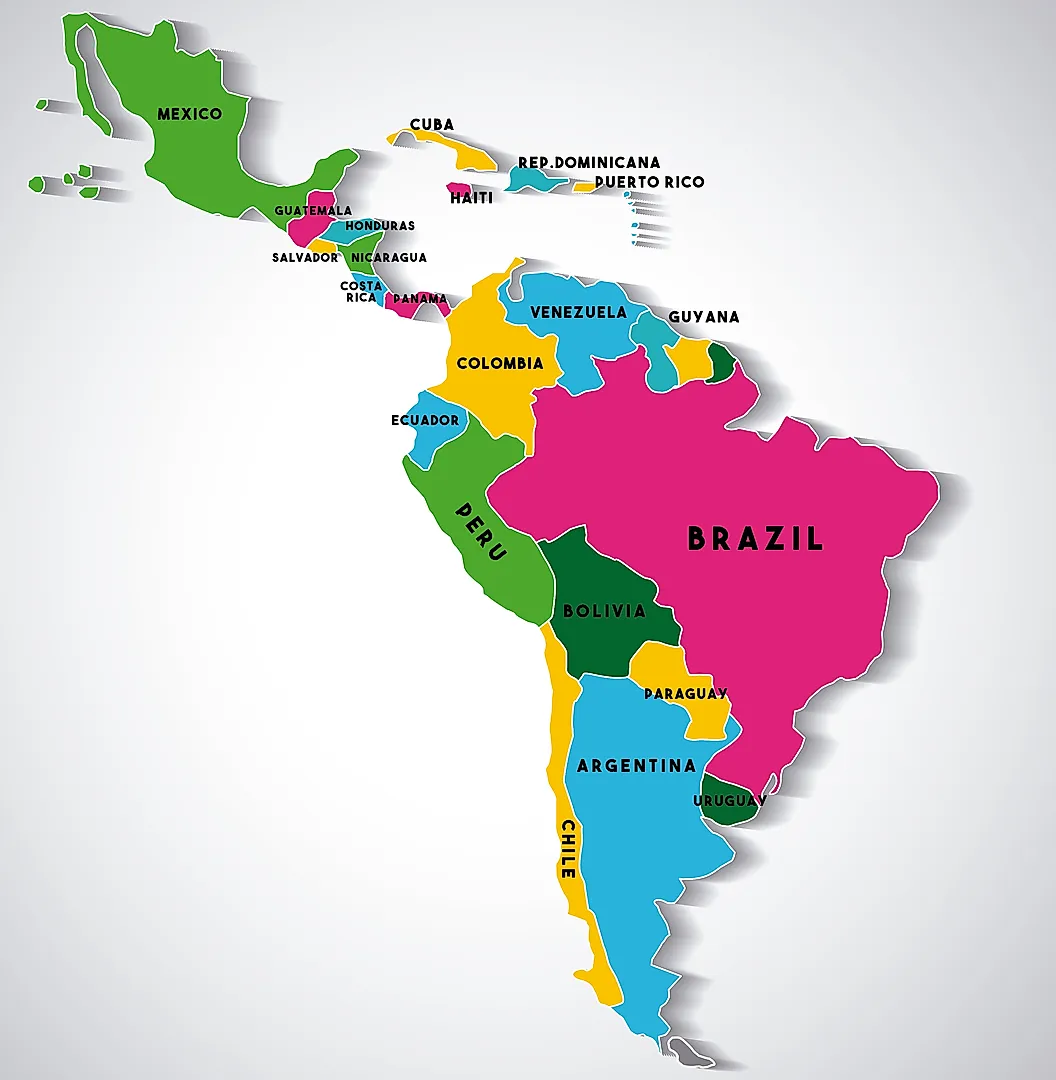This story was originally published in Ámbito. It has been slightly edited for clarity.
On September 2, 2024, the Argentine Central Bank attempted to end weeks of rumors that the country’s gold reserves had been shipped abroad by announcing that they had successfully completed “transfers of part of its gold reserves to its various accounts.” In the final section of the press release, the entity stated that the national audit office (known as AGN) had the information required to write the corresponding reports.
However, just over a year later, and after several information requests made by the AGN regarding the gold’s location, yield, and transportation costs, the country’s highest monetary authority has provided no answers. Quite the opposite in fact: sources within the AGN told Herald sister publication Ámbito that the bank, known in Spanish as BCRA, has obstructed access to the required documents.
“They’re hiding something, and no one knows why,” they stated. The matter is now in the hands of Congress’ Joint Bicameral Accounts Review Commission.
Speaking before Congress on September 23, 2025, AGN head Juan Manuel Olmos stressed that the waiting period is over.
“The process of exchanging notes has been exhausted. It has led to the BCRA’s refusal to provide the information necessary to conduct this audit. We are now at a stand still. We don’t know where specifically the gold is,” he said.
AGN sources told Ámbito that the Central Bank is using confidentiality as an excuse to block access to information, despite examples showing that the AGN “is used to working with confidential, sensitive documentation, like with COVID vaccines.”
They added that “the Central Bank’s only suggestion to the AGN was that they could go and check their computers to find what they needed, but could not take photographs, make copies, or take notes. They could only retain what they needed by memory. This makes the audit technically impossible to perform.”
On the other hand, several sources with knowledge in the matter emphasized that they don’t know “whether the gold is in Switzerland or London. The uncertainty is such that there are even rumors that they had to convert part of the gold reserves into liquid form.”
If the BCRA’s refusal continues, the commission has two options: either summon BCRA president Santiago Bausili to provide explanations in Congress, or file a lawsuit.
However, AGN sources suggested that the BCRA’s lack of transparency goes beyond the gold bars that were shipped abroad. It also includes the BOPREAL bonds, as the information required to conduct an audit could not be obtained either.
Ámbito contacted the BCRA’s Communications Department but received no response.
What do we know about the Argentine gold that was transferred abroad? According to media reports, two gold reserve transfers took place in June 2024. Shortly after, national Unión por la Patria deputy Sergio Palazzo (UxP), who is also general secretary of the banking sector’s trade union, filed a freedom of information request to obtain “clear, precise, complete, and detailed information” about what had happened to the gold bars.
The deputy asked the institution to report “whether any gold bars had been shipped abroad in June, specifically if there had been one shipment on June 7, 2024, and another on June 28, 2024.” He also requested information on the currency, quantity, amount, and commercial characteristics, as well as the destination, carrier, and airline that transported the gold. He also asked whether any new shipments were planned. Palazzo received no response.
Three months later, the Central Bank issued a statement saying that “for more than a decade, the BCRA has managed its gold reserves in the same way, both in physical format (bars and ingots) and in electronic format (foreign bank accounts). These re-balancing operations do not alter the total volume of gold reserves, which remain equivalent to approximately US$ 4,9 billion as published in the August 23, 2024, balance sheet.”
In another section of the statement, the financial institution asserted that the AGN had access to this information, contrary to what the regulatory body claims.
“The BCRA expresses its concern about the irresponsible, politically-motivated spread of information related to these operations before their completion, because it puts the security of the assets of all Argentines at risk. Information regarding the management of BCRA reserves has always been handled confidentially in an effort to preserve their security. Both the Office of the Audit General of the Nation and the relevant oversight bodies have access to this information under the same cloak of confidentiality.”
This last sentence is the one the AGN is challenging, stating that the BCRA fails to provide the necessary conditions for conducting an audit.
What is the BCRA obligated to do? As the country’s highest oversight authority in public administration, the AGN requested this information in order to provide a technical report to lawmakers and the general public.
In a period no less than ten calendar days after the Joint Parliamentary Audit Committee receives the report, the AGN is empowered to initiate legal actions on the grounds of noncompliance with public information access laws.
Formally, the BCRA is subject to Financial Administration Law No. 24,156, which regulates the control systems of the national public sector. The law states that the AGN “may require the collaboration of all public sector entities, which shall be obligated to provide data, documents, background information, and reports related to the exercise of their functions.”
In accordance, the AGN’s internal rules establish the procedure in the event of the audited entity’s refusal or silence to submit information, and stipulate the timeframes that the AGN must wait in a case like this.
The physical location of the gold bars that make up Argentina’s gold reserves is currently unknown. There is also no reliable information about whether all or part of them were liquidated, and what financial benefit the country obtained from this series of transactions. An alarm that Congress — to which the AGN reports to — could sound sooner rather than later.




